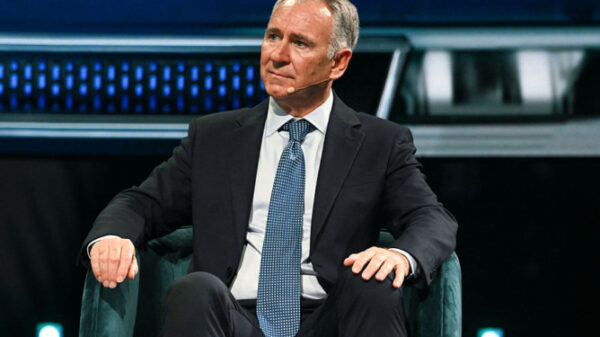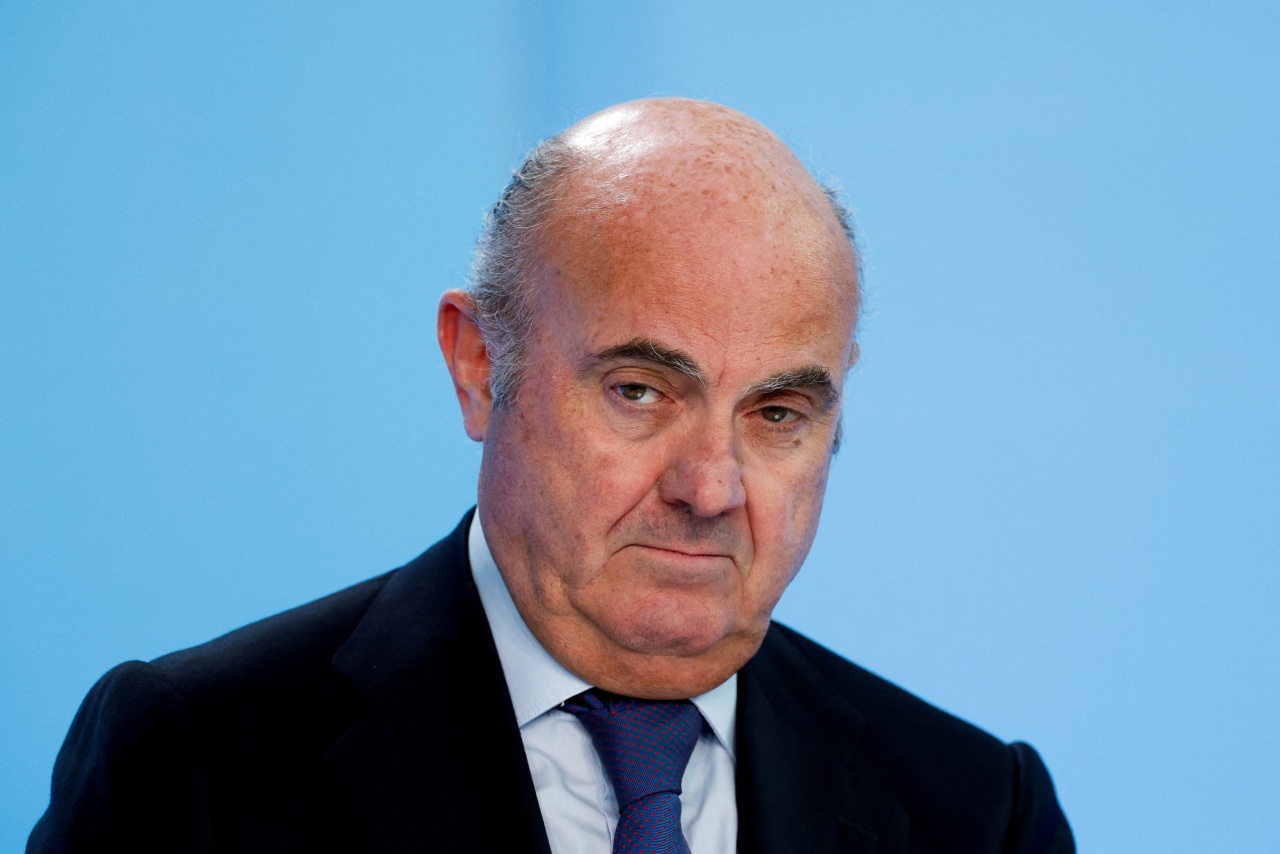The European Central Bank (ECB) has issued a warning regarding the ongoing risks to financial stability within the Eurozone. In remarks made on October 4, 2023, ECB Vice President Luis de Guindos highlighted that while a large-scale trade war has been avoided, significant uncertainties surrounding government policies continue to pose threats to the financial system.
In his address, de Guindos emphasized that the recent geopolitical landscape has contributed to heightened economic uncertainty. He noted that the potential for shifting government strategies could lead to instability in the financial markets. This is particularly relevant in a context where inflationary pressures and economic growth are already under scrutiny.
Uncertainty in Government Policies
The ECB’s assessment comes at a critical time when the Eurozone is navigating complex economic challenges. De Guindos pointed out that while the immediate threat of a trade war has subsided, the effects of policy decisions made by various governments could reverberate through the financial system. He remarked, “The risks to financial stability remain elevated, and we must remain vigilant.”
These comments underscore the ECB’s ongoing efforts to monitor potential risks that could impact the economic landscape. The central bank is particularly focused on how fiscal policies, both current and proposed, could alter consumer confidence and investment patterns.
De Guindos also referred to the potential impact of global economic conditions on the Eurozone, suggesting that external factors could further complicate the financial environment. He stated, “It is essential that we remain proactive in addressing these uncertainties to uphold the stability of our financial system.”
Inflation and Economic Growth Under Scrutiny
The remarks from the ECB come as the Eurozone grapples with persistent inflation and sluggish economic growth. According to recent data, inflation rates have remained stubbornly high, raising concerns among policymakers about the long-term implications for the economy.
In light of these challenges, the ECB has implemented various measures to stabilize the financial system. These include interest rate adjustments aimed at managing inflation while supporting economic growth. However, de Guindos acknowledged that the effectiveness of these measures can be influenced by external factors, including international trade dynamics and geopolitical tensions.
As the Eurozone continues to navigate these turbulent waters, the ECB’s commitment to maintaining financial stability remains paramount. De Guindos concluded his remarks by urging all stakeholders to collaborate in fostering a resilient economic environment, stating, “The cooperation of governments, banks, and financial institutions will be vital in mitigating these risks.”
The situation remains fluid, and the ECB is expected to closely monitor developments in both domestic and international arenas as it seeks to safeguard the Eurozone’s financial stability.






































































